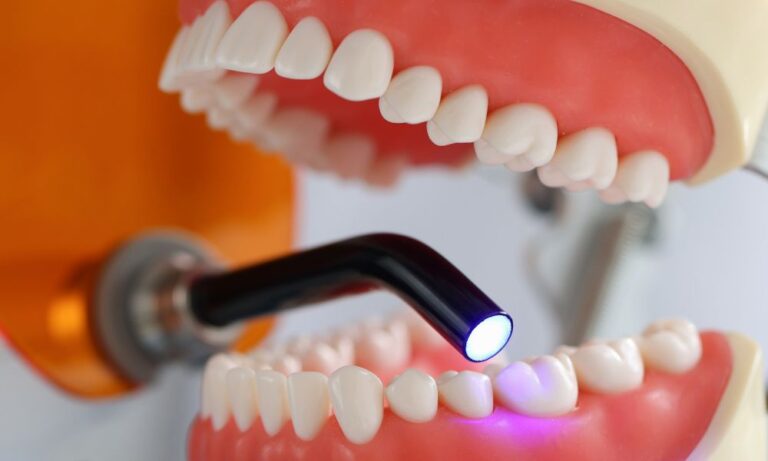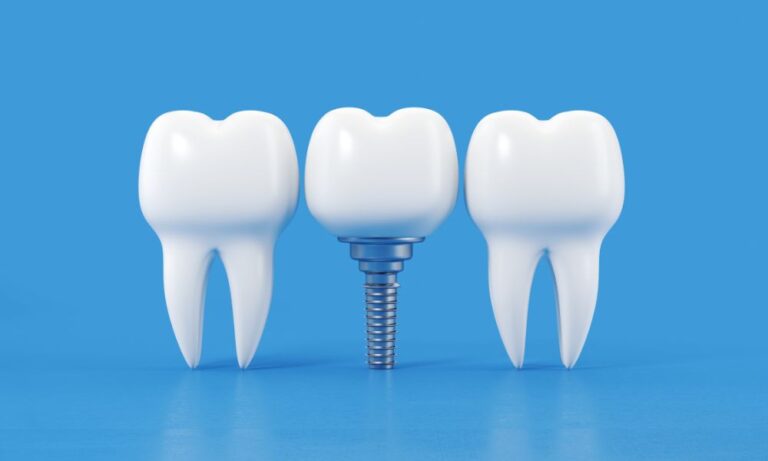Medicaid Coverage for Dental Implants: Essential Information
Dental implants have gained popularity as a reliable and aesthetically pleasing solution for replacing missing teeth. However, understanding the specific details and limitations of Medicaid coverage for this dental procedure is crucial for patients considering implants as their chosen treatment option. This article will provide you with essential information about dental implants, their benefits, and whether Medicaid covers the cost of this procedure, helping you make an informed decision.
We will explore the types of dental implants, discuss their advantages over other tooth replacement options, and delve into the frequently asked questions surrounding Medicaid coverage for dental implant treatment. By the end of this article, you’ll have a clear understanding of dental implant procedures and their potential coverage under Medicaid, empowering you to make the best choice for your dental needs.
1. Dental Implants: An Overview
Dental implants are artificial tooth roots made from titanium that provide stable support for dental prosthetics such as crowns or dentures. They are a preferred tooth replacement option due to their durability and natural appearance. By fusing directly to the jawbone through a process called osseointegration, dental implants become a long-lasting solution for patients with missing teeth. Depending on the individual’s dental needs, various implant options, such as single-tooth implants, implant-supported bridges, and full-arch restorations, are available.
2. Benefits of Dental Implants
Dental implants offer several advantages over traditional tooth replacement options like dentures and bridges:
- Improved Comfort: Implants act as a natural tooth root, providing a secure, comfortable fit for dental prosthetics.
- Enhanced Aesthetics: Implants closely resemble natural teeth in both appearance and function, allowing for a more attractive and confident smile.
- Increased Durability: With proper care, dental implants can last a lifetime, making them a cost-effective solution in the long run.
- Preservation of Jawbone and Healthy Teeth: Unlike traditional bridges that rely on adjacent teeth for support, dental implants promote jawbone health and prevent bone loss without compromising surrounding teeth.
- Better Chewing and Speech Abilities: Implants securely anchor dental prosthetics, enabling patients to speak and chew without discomfort or fear of slippage.
3. Medicaid and Dental Implants: Understanding the Coverage
Medicaid is a state and federal insurance program that assists low-income individuals and families in obtaining healthcare services. While dental coverage under Medicaid varies between states, it primarily focuses on providing essential dental care services. According to the American Dental Association (ADA), Medicaid dental coverage typically encompasses diagnostic, preventive, and treatment procedures.
When it comes to dental implants, Medicaid coverage varies greatly among states due to each state’s differing dental care requirements. Some states might classify dental implants as a medically necessary procedure and cover the costs partially or fully. In contrast, other states may not consider implants as essential for dental health, limiting coverage or excluding it entirely.
For example, in New York, Medicaid covers dental implants for specific scenarios like medical necessity or severe loss of function. Meanwhile, other states may have stricter eligibility criteria, only covering implants in cases of congenital disabilities or facial trauma. It’s crucial to check your state’s Medicaid guidelines to understand the extent of dental implant coverage.
4. Determining Your Eligibility for Medicaid Dental Implant Coverage
To determine your eligibility for dental implant coverage under Medicaid, you must first assess whether you meet your state’s Medicaid income and resource requirements. If you qualify for Medicaid, your next step is to examine your state’s specific dental coverage criteria.
Contact your state’s Medicaid agency or a local dental provider who accepts Medicaid to inquire about implant coverage. They can provide guidance on whether dental implants are a viable treatment option within your Medicaid plan and help you understand the potential costs involved. In some cases, your dentist may advocate for the medical necessity of dental implants, which could increase the likelihood of Medicaid coverage.
5. Alternatives to Dental Implants for Medicaid Patients
If dental implants are not covered under your Medicaid plan or if you’re ineligible for Medicaid, other tooth replacement options might be more financially suitable. These alternatives can include:
- Traditional Dentures: Full or partial dentures offer an affordable solution for replacing missing teeth. While they may not be as durable or comfortable as dental implants, modern dentures now have improved fit and function for increased patient satisfaction.
- Dental Bridges: A bridge utilizes adjacent teeth to support an artificial tooth. Bridges can be a more cost-effective solution compared to dental implants, but they may require modification of the surrounding healthy teeth.
6. Additional Financing Options for Dental Implants
In cases where dental implants are not covered by Medicaid, or your insurance covers only partial costs, you can explore additional financing options to fit the procedure within your budget. These alternatives can comprise:
- Dental Discount Plans: These plans can provide substantial discounts on dental procedures, including dental implants, for an annual membership fee.
- Payment Plans: Some dental providers offer payment plans that allow you to pay for implants in monthly installments, making the treatment more affordable.
- Dental Schools: Teaching institutions often offer dental services at significantly reduced costs, as the procedures are performed by supervised students in training.
Make an Informed Decision for Your Dental Health with Dental Specialists of Southern Colorado
Although dental implant coverage under Medicaid can be complicated and varies between states, understanding your state’s specific eligibility criteria and available alternatives can help you make informed decisions about your dental care.
At Dental Specialists of Southern Colorado, we provide comprehensive care and support on your journey to optimal oral health. We’ll work with you to determine the most appropriate treatment plan and explore available insurance and financing options to ensure your dental health goals are within reach. Whether you’re considering dental implants or alternatives like dentures or bridges, our experienced periodontist in Colorado Springs can provide expert advice and customized solutions to help you achieve a healthy, beautiful smile. Don’t let financial concerns keep you from pursuing the dental care you deserve. Contact us today to schedule a consultation!

 header-logo
header-logo



